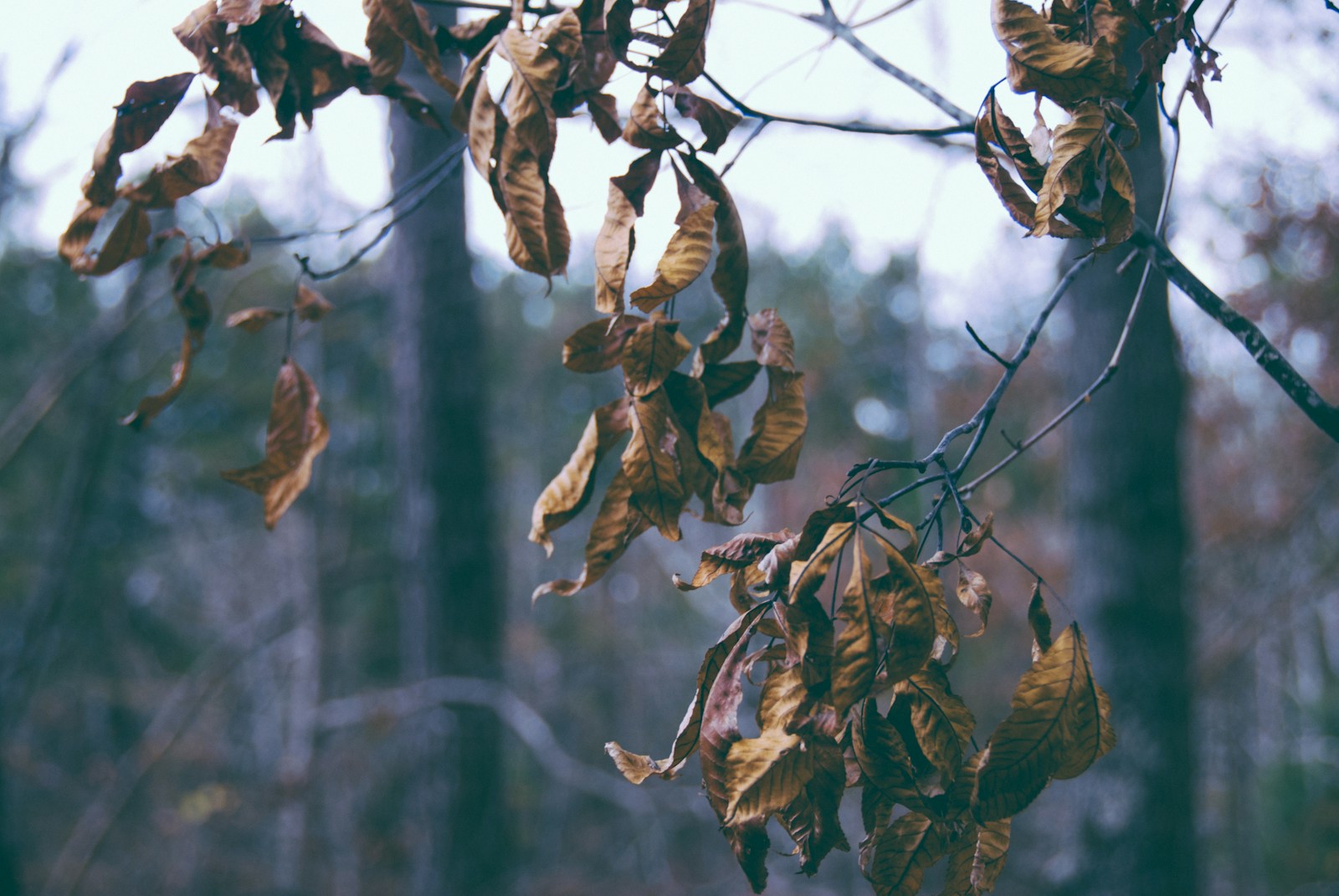
Hospicing Modernity Together
A guided group reading of Vanessa Machado de Oliveira (Andreotti)'s Hospicing Modernity: Facing Humanity's Wrongs and the Implications for Social Activism

A guided group reading of Vanessa Machado de Oliveira (Andreotti)'s Hospicing Modernity: Facing Humanity's Wrongs and the Implications for Social Activism
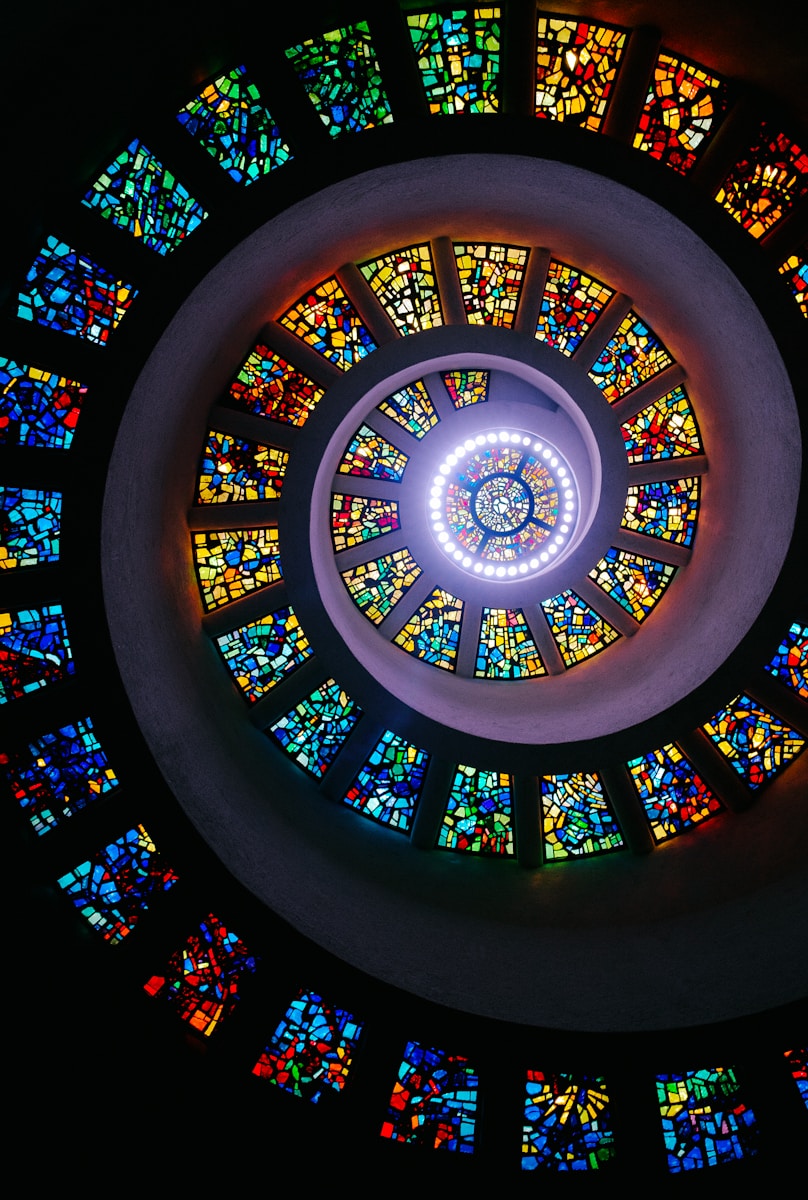
Right before much of the world enters the dominant-cultural hegemony Christian holiday of empire-sanctioned celebration, worship, and consumption, we’ll explore the original roots of what this holiday and many others sought to celebrate: the sacred. This is not a session centered on any one organized religion or holiday. It will be a conversation about what we find sacred in the world, and how we relate to what in our lives – no matter what religion, spirituality, or philosophies we follow – is sacred.
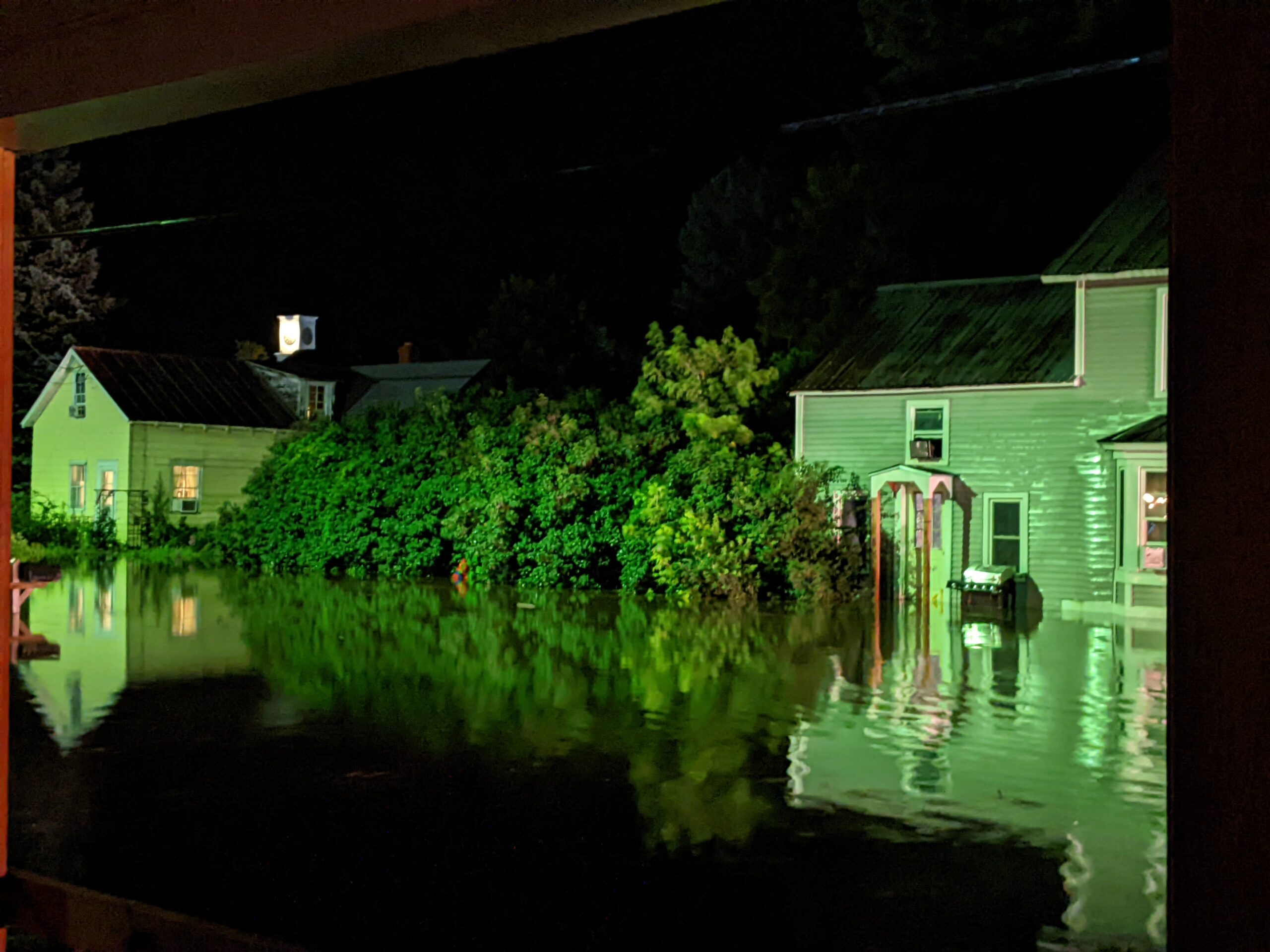
We'll be hosting an event in Asheville to bring together the disparate groups already doing the good work of responding to crisis outside the dominant paradigms, so that we can identify synchronicities, gaps, overlaps, and opportunities for support and expansion of these efforts beyond the specific locations and times of acute crisis. We would love to have you at Urban Orchard Cidery on December 30th at 6pm. There will be free food, a live performance from Bobby Frith, and convivial discussion about where we are headed.

In a recent interview on the Upstream podcast, author and philosopher Roman Krznaric shared insight into how the dominant culture's expansive colonization extends not only geographically, but temporally. "The tyranny of the now," or the short-term thinking so ubiquitously incentivized and enforced by financial markets, 24/7 media, digital consumption, political campaign cycles, workplaces, and even unassuming technologies like the clock, leads us to obsess over the immediate at the expense of the future. This neglect of future human and more-than-human lives and communities informs our cannibalistic economics and layered ecological crises. If we tend to view the future as a receptacle for our current "externalities", and if we consume now the resources and ecosystems future generations will need, then we are stealing wealth from the future to enrich us now: we have colonized the future.
Perhaps, then, we should consider what it would mean to decolonize the future. How can we be good ancestors for all those who will follow us? Join us on this collaborative EcoGathering, where we'll explore the implications of Roman Krznaric's conversation on Upstream.

A guided group reading of Vanessa Machado de Oliveira (Andreotti)'s Hospicing Modernity: Facing Humanity's Wrongs and the Implications for Social Activism
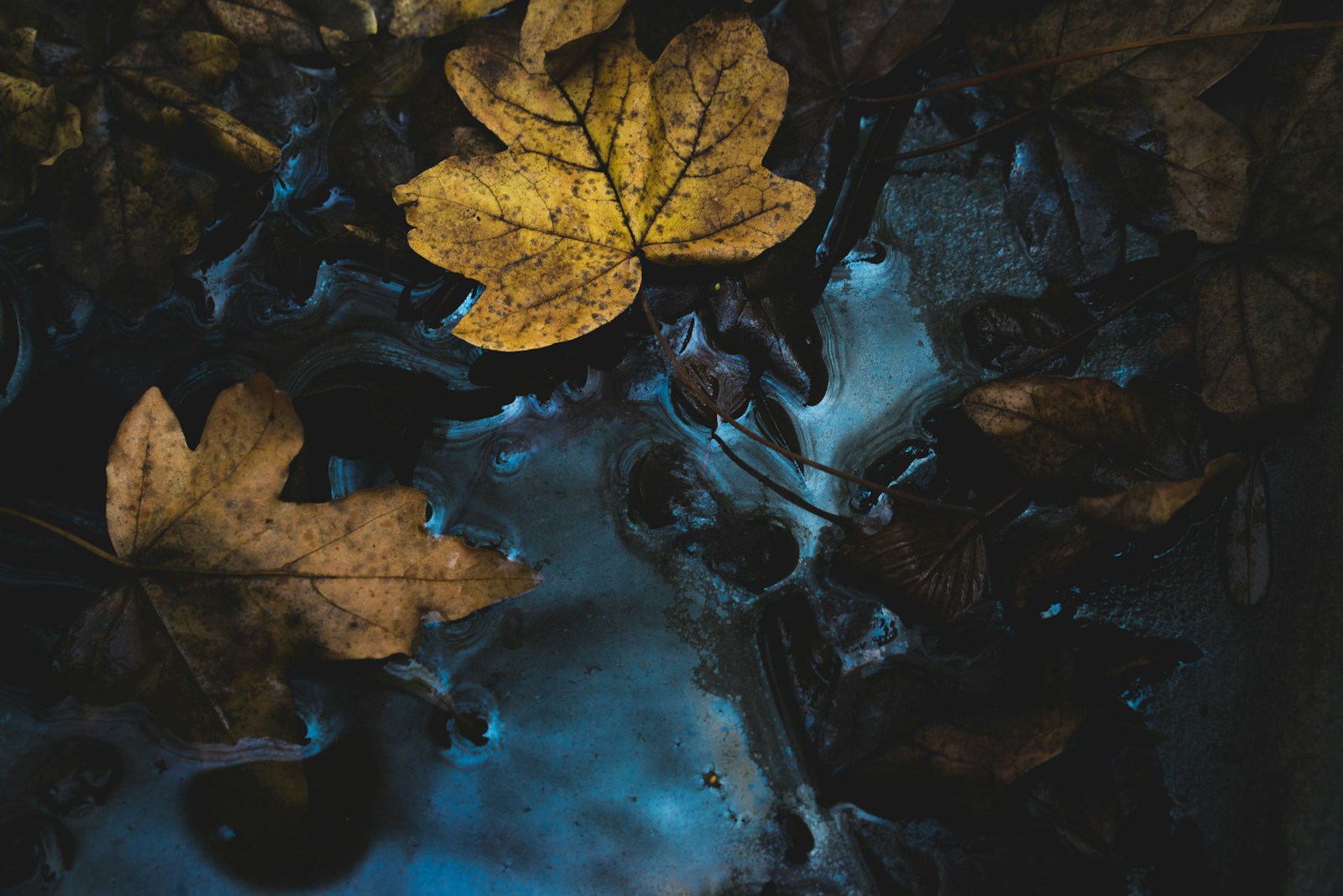
This shorter cycle’s will focus on slower, quieter themes as we begin the new calendar year that will surely be full of more disruptions and uncertainty. As winter begins to settle in deeper for us in the northern hemisphere, we’ll sit with the elements that accompany this time of year (but are relevant, of course, anywhere on Earth at any given time, no matter your hemisphere of habitation): presence, darkness, and patience. Modernity pushes us into ever more rapid performance, consumption, and reaction. In the accelerating chaos unfolding around us, we can all benefit from some stillness in our lives. Whether through meditation, prayer, habit, rest, even sleep, stillness has quite a lot to offer.

A guided group reading of Vanessa Machado de Oliveira (Andreotti)'s Hospicing Modernity: Facing Humanity's Wrongs and the Implications for Social Activism
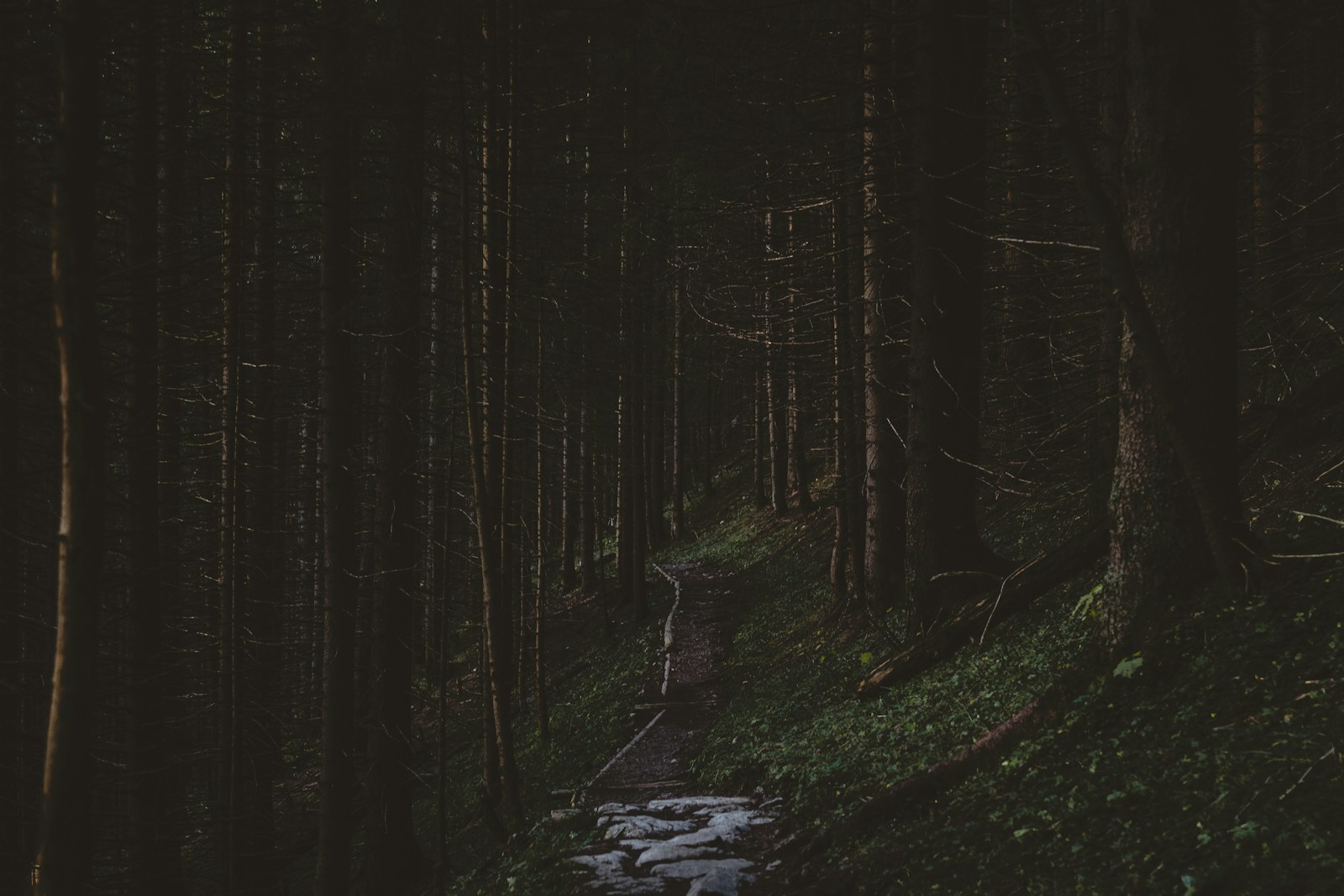
Darkness — non-metaphorical, the lack of light in the physical world — is an increasingly rare phenomenon, although it certainly feels like we have an abundnace of darnkess in these northern hemisphere winters. Darkness — metaphorical, all the difficult things in the world – is, unfortunately, not an increasingly rare phenomenon. For this call, we’ll focus mostly on the former, but just as it’s crucial to acknowledge the necessity of darkness for the critters and habitats on Earth, it’s neccessary to acknoledge the darkness we feel (gently, of course — we don’t need to dive too deep into the darkness of the world). What lessons can we and, whether we want to or not, must we learn from darkness, physical and metaphorical? On this call, we'll figure a bit of that out together.

"Good things come to those who wait." “Patience is a virtue." Perhaps, but at the very least we all have experienced the necessary practice of patience in our own lives. On our final call of this shortened cycle, we'll convene around the practice and lessons of patience, which can feel especially challenging when we feel so much urgency.

A guided group reading of Vanessa Machado de Oliveira (Andreotti)'s Hospicing Modernity: Facing Humanity's Wrongs and the Implications for Social Activism